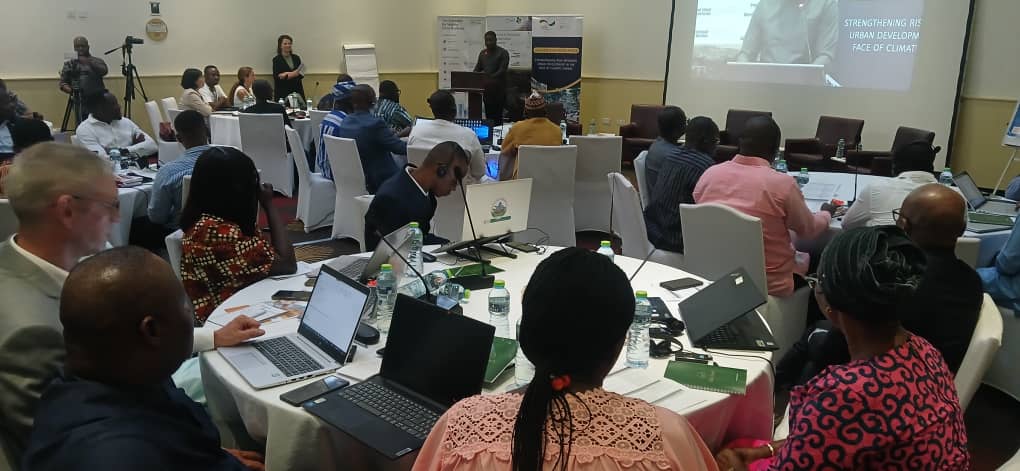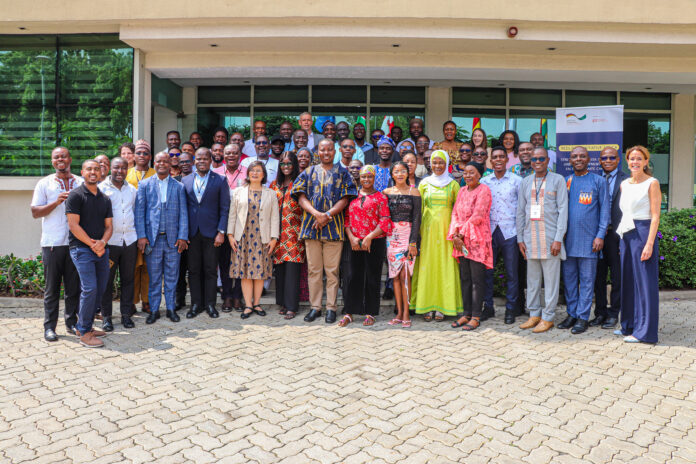The Deutsche Gesellschaft für Internationale Zusammenarbeit (GIZ), in collaboration with the African Union Commission (AUC) and the Economic Community of West African States (ECOWAS), has organized a workshop in Accra to build the capacity of local actors in 12 African cities, including Ghana, to better understand, reduce, and manage urban disaster risks.
As cities in the ECOWAS region face mounting challenges from rapid urbanization, climate change, and increasing disaster risks such as floods and droughts, the workshop aims to promote sustainable and resilient urban development across the continent.
The event is part of the Resilience Initiative Africa (RIA)—implemented by GIZ on behalf of the German Federal Ministry for Economic Cooperation and Development (BMZ)—which supports the African Union Commission’s Africa Urban Resilience Programme (AURP). The programme was developed with support from the UNDP Sahel Resilience Project and funded by Sweden.
RIA plays a vital role by offering technical expertise and facilitating the exchange of knowledge on risk-informed urban development. Through its cross-sectoral and inclusive approach, it empowers municipalities and other urban stakeholders—especially those in informal settlements—to develop strategies that strengthen disaster risk management and urban resilience.
In partnership with Connective Cities (CC), RIA has launched a series of workshops designed to equip municipal experts with tools to develop or refine urban disaster risk management strategies, drawing on both regional and international best practices, and linking them to financing opportunities.
The initiative also emphasizes collaboration with civil society organizations, including women’s and youth groups, residents of informal settlements, and private sector stakeholders, to develop innovative and transformative solutions to urban challenges.
Moreover, the project promotes peer-to-peer learning and cooperation between African cities and their counterparts in Europe and Germany, supported by the German Association of Cities and Connective Cities’ extensive networks.

Speaking at a stakeholder meeting with representatives from the 12 participating cities, Ria Hidajat, Head of Project for Resilience Initiative Africa, stated:
“Disaster risk reduction and climate change adaptation in urban areas are the key issues we want to address.”
Prof. Emmanuel Osuteye, Technical Advisor on Urban Settlement at the AUC, added that all participating cities’ mayors would receive free capacity building on flood prevention, disaster preparedness, and mitigation of urban heat island effects.
Also speaking at the event, the Project Manager of the Covenant of Mayors in Sub-Saharan Africa noted that mechanisms are being put in place to assess the initiative’s impact in the 12 cities and ensure it delivers tangible, long-term benefits.



